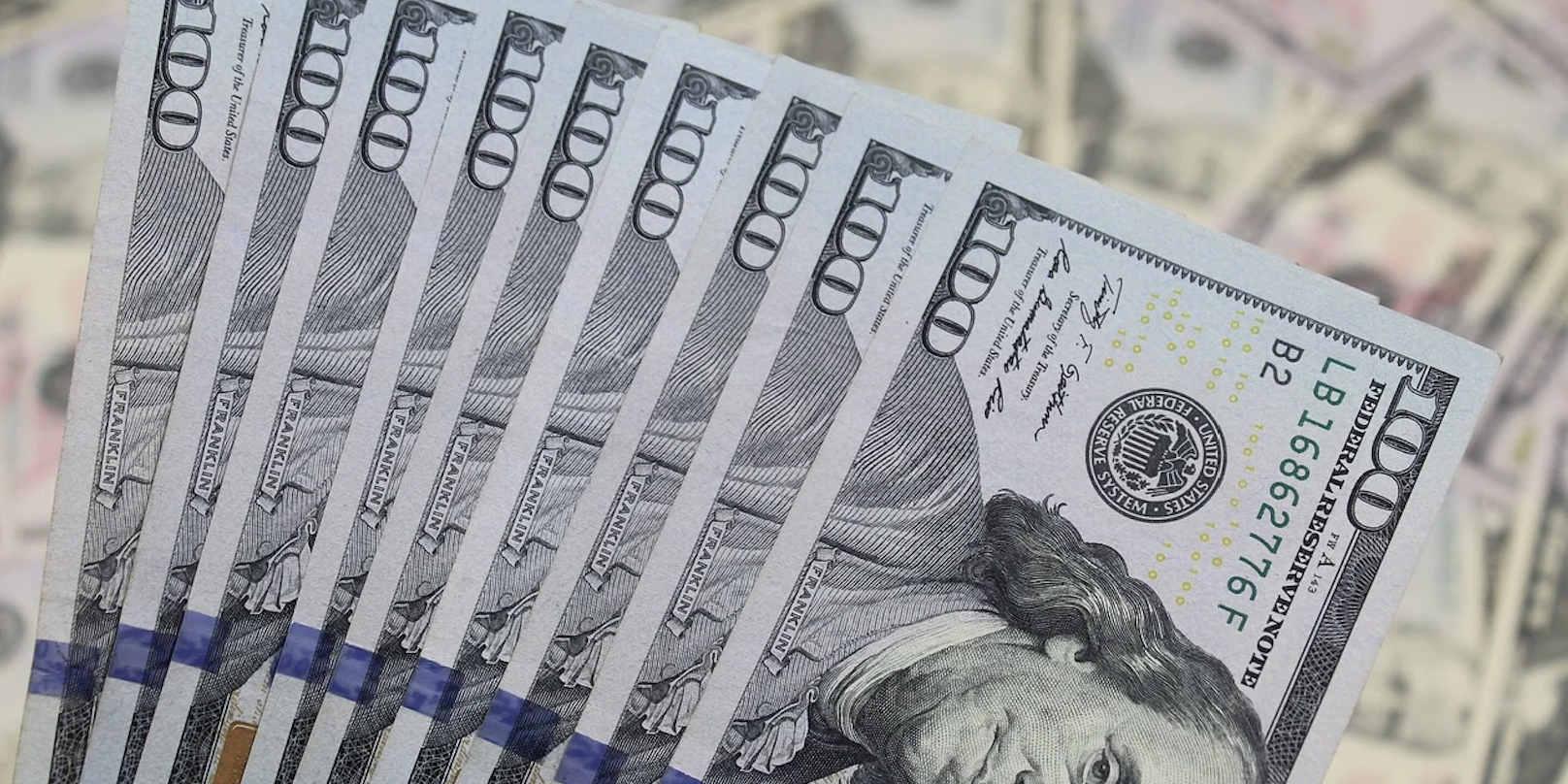By Roger Huang
The House of Representatives has made a significant move by banning the Federal Reserve from creating the “digital dollar,” a central bank digital currency. This decision, proposed by the House Majority Whip, Rep. Tom Emmer, as the “CBDC Anti-Surveillance State Act,” is a crucial amendment to the Federal Reserve Act, which governs the US central banking system. The amendment states, “The Board of Governors of the Federal Reserve System and the Federal Open Market Committee may not use any central bank digital currency to implement monetary policy.”
The vote on the ban was almost a party-line vote, with three Democrats joining all Republicans in voting yes. However, the Bill still has a long way to go before becoming law – it needs to pass a vote in the Senate and potentially stand a presidential veto. The fact that Ex-President Trump has repeatedly mentioned that he would not allow a “digital dollar” to be built and the chairman of the Federal Reserve, Jerome Powell, had also said that the Federal Reserve would not start implementing a digital dollar without congressional approval, adds to the potential implications of this ban passing the House. The Senate likely has allies on a CBDC ban, though whether there is a majority and/or a veto-proof majority would be an open question.
Still, as one of the chief opponents of the Bill, Rep. Maxine Waters, put it, “In fact, if this bill becomes law, we would be the only country in the world to ban a CBDC.” Prohibiting “innovation” on the central bank digital currency front seems like a policy miss at first sight. However, as I detail in my book on Bitcoin + China, the Chinese party-state hasn’t gotten that far with its CBDC, the e-CNY, or “digital Yuan.” Adoption is lagging, and people prefer private options like WeChat Pay and Alipay – though the state has put a lot of muscle into it with pilot programs that offer essentially free money and ample state media support. Even though it’s banned, people still use and sell Tether and Bitcoin, and people go to jail for selling Tether. China wants to expand the central bank digital currency model and has already piloted it in the M-Bridge with other central banks and in Hong Kong, but adoption has been lagging for now.
Read the entire article at Forbes











